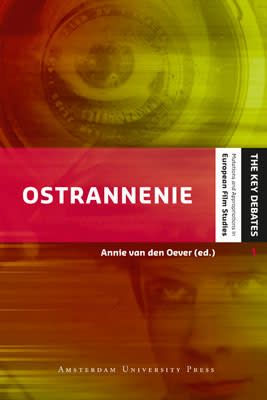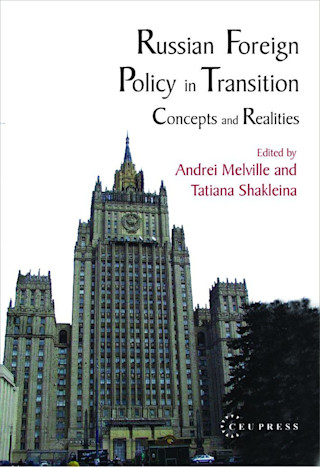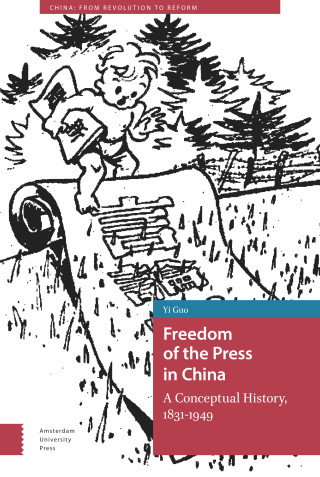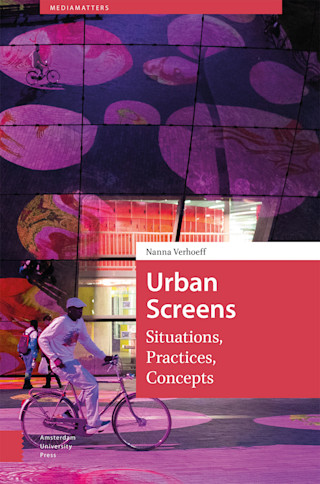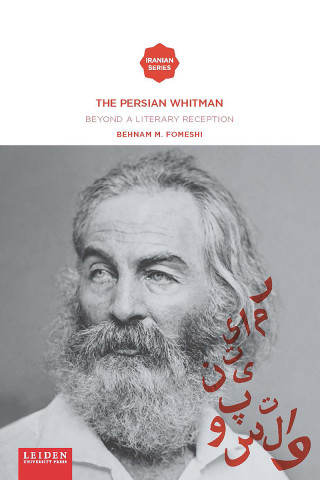Ostrannenie (‘making it strange’) has become one of the central concepts of modern artistic practice, ranging over movements including Dada, postmodernism, epic theatre, and science fiction, as well as our response to arts. Coined by the ‘Russian Formalist’ Viktor Shklovsky in 1917, ostrannenie has come to resonate deeply in Film Studies, where it entered into dialogue with the Brechtian concept of Verfremdung, the Freudian concept of the uncanny and Derrida's concept of différance.
Striking, provocative and incisive, the essays of the distinguished film scholars in this volume recall the range and depth of a concept that since 1917 changed the trajectory of theoretical inquiry.
European Film Studies – ‘The Key Debates is a new film series from Amsterdam University Press edited by Annie van den Oever (the founding editor), Ian Christie and Dominique Chateau. The editors’ ambition is to uncover and track the process of appropriation of critical terms in film theory in order to give the European film heritage the attention it deserves.
With contributions from Ian Christie, Yuri Tsivian, Dominique Chateau, Frank Kessler, Laurent Jullier, Miklós Kiss, Annie van den Oever, Emile Poppe, László Tarnay, Barend van Heusden, András Bálint Kovács, and Laura Mulvey, this important study is a wonderful piece of imaginative yet rigorous scholarship.

